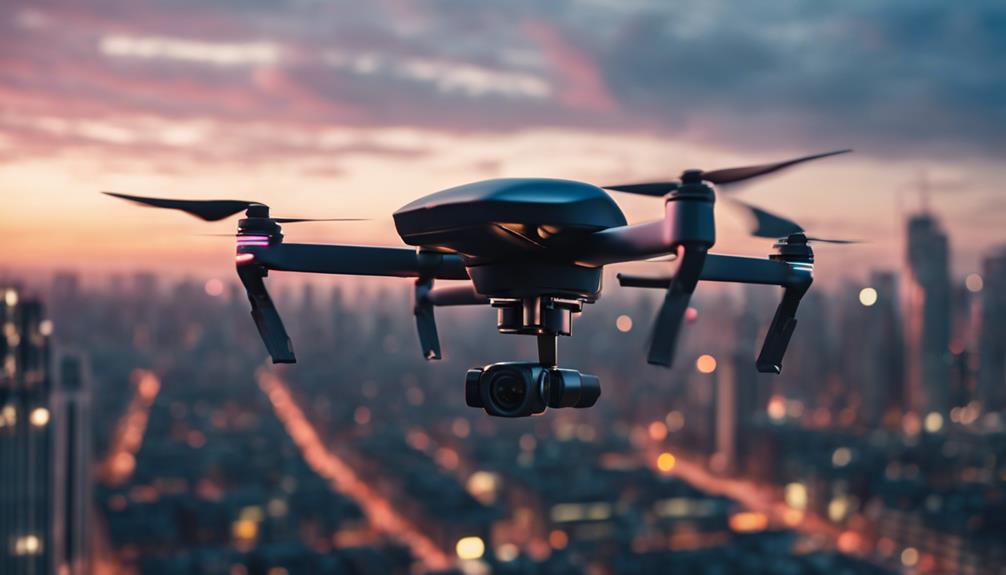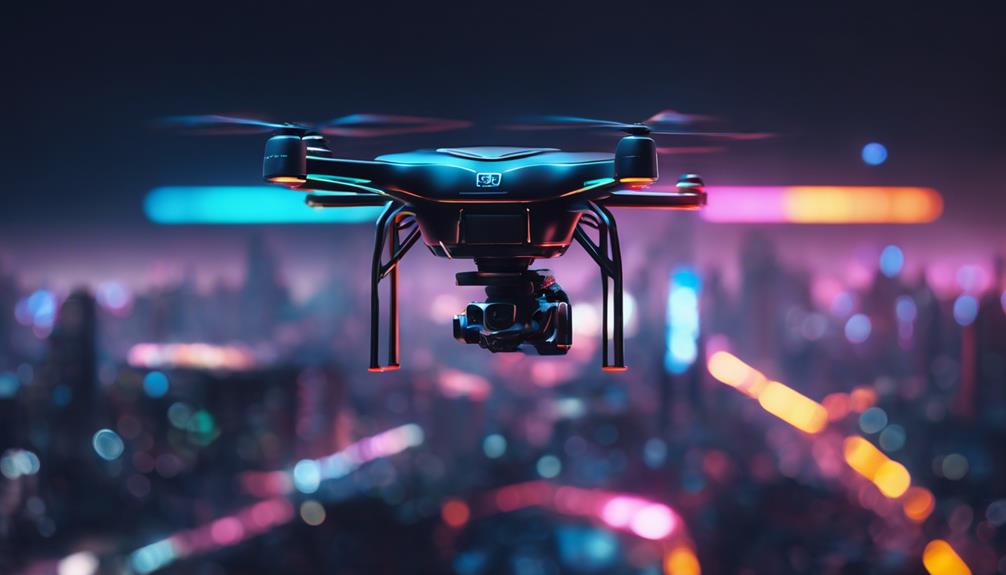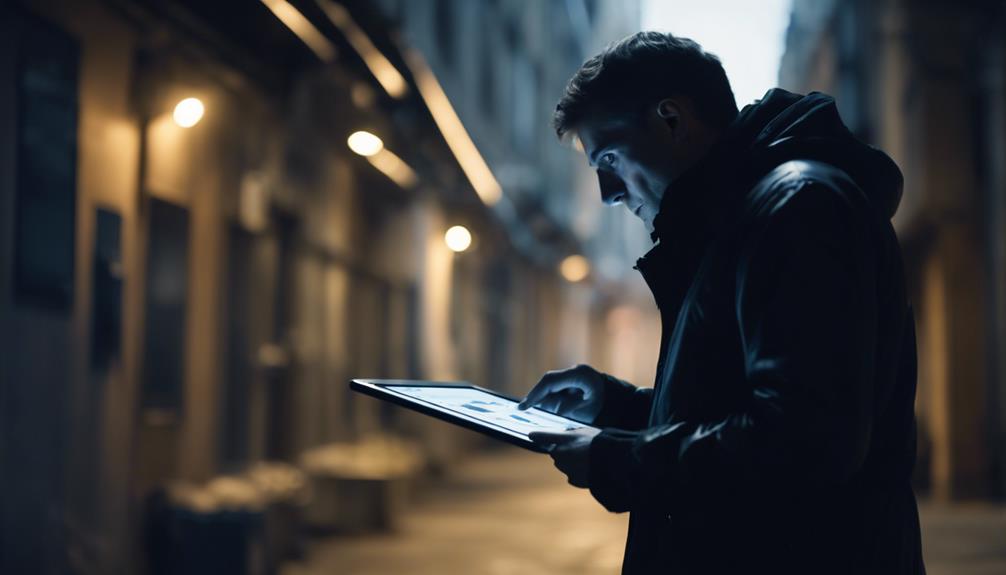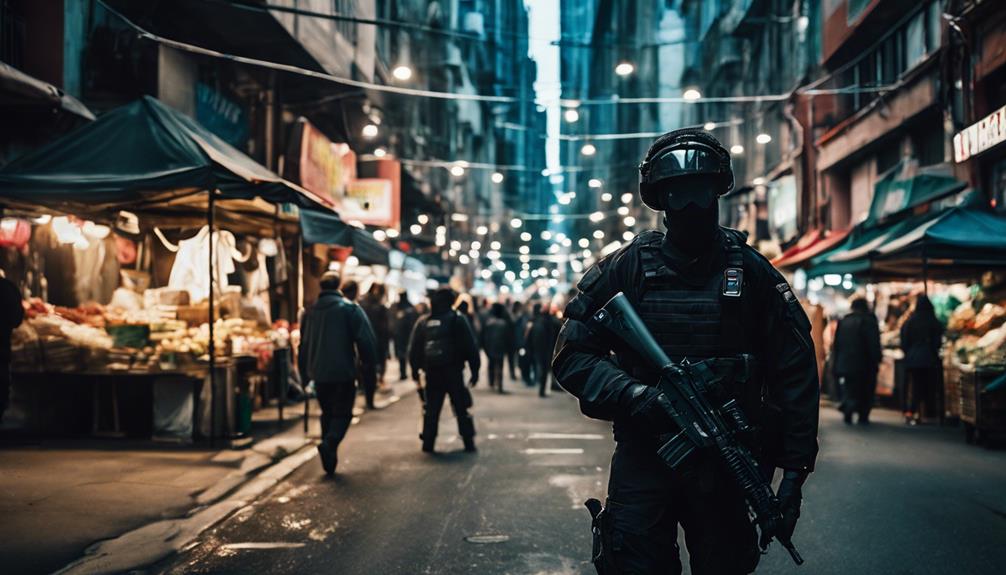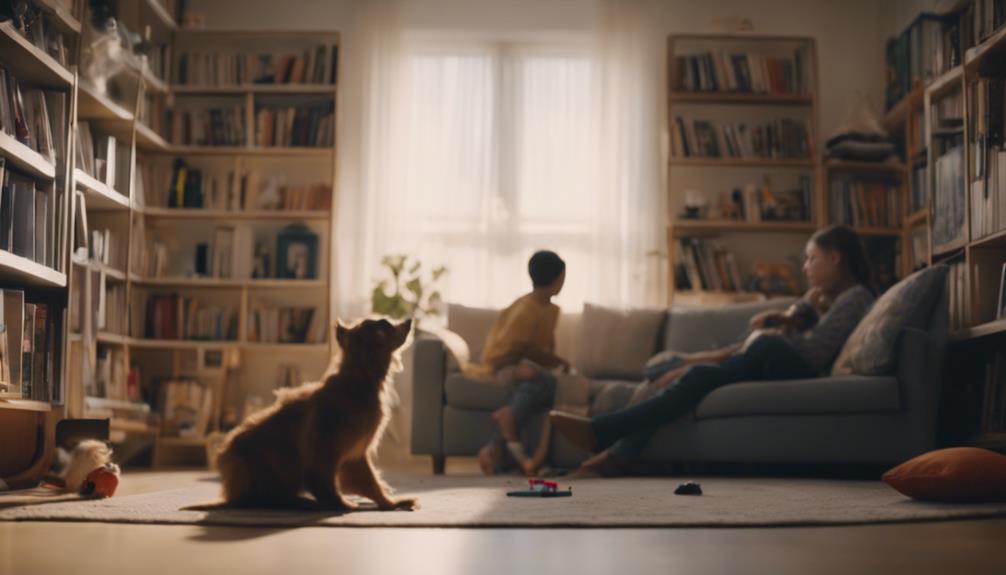
In the age of advanced technology, the proliferation of spy cameras has sparked a significant debate about privacy, legality, and personal autonomy. While these devices can serve legitimate purposes, their misuse—especially in private settings—raises alarming ethical and legal questions. This article delves into the unsettling reality of spy cameras capturing intimate moments, the implications for privacy rights, and how individuals can protect themselves from unauthorized surveillance.
The Growing Concern: Spy Cameras in Private Spaces
The rise of spy cameras in residential and commercial properties has created a growing concern among individuals about their privacy. These devices can be discreetly placed in various locations, such as bedrooms, bathrooms, and changing rooms, allowing anyone with malicious intent to invade personal spaces without consent. The availability of affordable, high-tech surveillance equipment has made it easier than ever for individuals to exploit these tools, often leading to devastating consequences for victims.
As more incidents come to light, communities are becoming increasingly aware of the potential dangers associated with undisclosed surveillance. The notion that one could be watched at any moment adds an unsettling layer of anxiety, fundamentally altering the way people perceive their safety in what should be private domains. This concern extends beyond mere discomfort; it raises essential questions about trust, consent, and the rights individuals have over their own lives.
Understanding the Legal Implications of Spy Cameras
The legal landscape surrounding spy cameras is complex and varies significantly across jurisdictions. In many places, it is illegal to record individuals in private settings without their consent, yet the enforcement of these laws is often inadequate. Courts typically grapple with balancing the right to privacy against the right to surveil, especially in cases where the intent behind placing a camera is unclear. Such ambiguity leaves many individuals vulnerable to misuse and exploitation.
Moreover, laws often lag behind technology, leading to significant gaps in legal protections. For instance, while some states have implemented strict regulations regarding hidden cameras, others remain silent on the matter, allowing individuals to exploit these loopholes. As technology continues to evolve, it is crucial for lawmakers to stay ahead of the curve and create robust frameworks that protect citizens from invasive surveillance practices.
How Spy Cameras Can Violate Your Privacy Rights
Spy cameras can fundamentally violate an individual’s right to privacy, as enshrined in various legal protections. The mere act of being recorded without consent can create an environment of distrust and fear, significantly impacting one’s emotional and psychological well-being. Victims often feel powerless, knowing that their private moments may have been documented and shared without their knowledge.
Furthermore, the violation of privacy rights extends beyond the immediate harm caused by being watched—there can also be lasting implications for relationships, reputations, and personal lives. The fear of exposure can inhibit individuals from leading authentic lives, leading to anxiety and emotional distress. This breach of privacy is not just a legal issue; it is a profound ethical concern that challenges society’s values regarding autonomy and respect for personal boundaries.
Real-Life Cases: When Spy Cameras Captured Intimate Moments
Numerous disturbing cases have emerged where individuals discovered that they were filmed in intimate situations without their consent. In one notable instance, a couple found hidden cameras in their rented vacation home, leading to a nationwide uproar over the violation of privacy during what should have been a romantic getaway. This incident not only brought attention to the dangers of spy cameras but also highlighted the inadequacies of current laws protecting individuals in private spaces.
Another case involved an individual who discovered a camera installed in their bathroom by a former partner. The emotional fallout from such experiences can be profound, leading to feelings of betrayal, anger, and violation. These real-life instances serve as stark reminders of the potential consequences of unchecked surveillance, underscoring the urgent need for stronger protections against such invasive practices.
The Psychological Impact of Being Watched Unbeknownst
The psychological ramifications of being watched without consent can be debilitating. Victims of unauthorized surveillance often experience heightened anxiety, paranoia, and feelings of vulnerability. The knowledge that someone may have been observing their most private moments can lead to long-term emotional scars, necessitating counseling or therapy to cope with the aftermath.
Moreover, the fear of surveillance can alter behavior, causing individuals to feel they must always be on guard. This constant state of hyper-vigilance robs individuals of their peace of mind and can hinder their ability to engage in everyday activities freely. The psychological impact is profound, as it disrupts the fundamental sense of safety and autonomy that is essential for healthy living.
How to Protect Yourself from Unauthorized Surveillance
To safeguard against unauthorized surveillance, individuals must take proactive steps to secure their private spaces. Regularly checking common hiding spots for potential spy cameras—such as smoke detectors, clock radios, and vents—can help identify any hidden devices. Furthermore, investing in detection tools, such as RF signal detectors, can provide an additional layer of security by alerting individuals to hidden surveillance technology.
Establishing clear boundaries with friends, family, and service providers about privacy expectations is also crucial. Open communication regarding the use of cameras in shared spaces can help prevent misunderstandings and ensure that all parties are aware of their rights. By being vigilant and informed, individuals can significantly reduce their risk of falling victim to unauthorized surveillance.
Recognizing the Signs of Hidden Cameras in Your Space
Awareness is key when it comes to identifying hidden cameras. Individuals should look for common signs, such as unusual wiring, lenses that reflect light, or devices that appear out of place. Additionally, paying attention to strange behavior by acquaintances, such as an unusual interest in your private life, can be a red flag.
Another effective method is to conduct a thorough sweep of your living space using a smartphone app designed to detect hidden cameras. By being proactive and vigilant, individuals can increase their chances of spotting potential surveillance devices before they become a more significant issue.
The Technology Behind Spy Cameras: What to Know
Spy cameras come in various shapes and sizes, often designed to blend seamlessly into everyday objects, making them difficult to detect. Most modern spy cameras are equipped with Wi-Fi capabilities, allowing them to stream video footage in real-time to a user’s smartphone or computer. This convenience can make unauthorized surveillance even more insidious, as individuals can monitor private moments remotely.
Additionally, advancements in technology have led to the creation of high-definition cameras with night vision capabilities, further complicating the fight against unauthorized surveillance. Understanding the technology behind these devices is essential for recognizing potential risks and mitigating the threat they pose to personal privacy.
Reporting Incidents: Steps to Take If Spied Upon
If individuals find themselves in a situation where they have been spied upon, it is crucial to take immediate action. The first step should be to document the evidence, including photographs of the hidden camera and any relevant communication with the perpetrator. This documentation will be invaluable when reporting the incident to law enforcement or seeking legal action.
Next, individuals should report the incident to the authorities, providing them with all collected evidence. Depending on the jurisdiction, local laws may offer specific protections against unauthorized surveillance, and law enforcement can take appropriate action. It is also advisable to seek legal counsel to explore options for pursuing justice and ensuring that such violations do not occur again.
Advocating for Stricter Laws Against Spy Camera Usage
The alarming prevalence of spy cameras in private spaces has underscored the urgent need for stricter regulations to protect individuals from unauthorized surveillance. Advocacy efforts must focus on raising public awareness about the implications of these devices and pressuring lawmakers to enact comprehensive laws that address the loopholes currently exploited by offenders.
By joining forces with advocacy groups and participating in public forums, individuals can play a critical role in shaping the conversation around privacy rights and surveillance. Stricter laws can serve as a deterrent against potential violators and ensure that victims have legal recourse in cases of invasion of privacy. The collective voice of concerned citizens can lead to meaningful change and help safeguard personal privacy in an increasingly surveilled world.
The rise of spy cameras has ushered in a new era of privacy concerns, emphasizing the need for individuals to be vigilant and proactive in protecting their rights. Understanding the implications of unauthorized surveillance and advocating for stronger laws is essential for fostering a culture of respect for personal privacy. By raising awareness and promoting legal reforms, we can work towards a future where individuals feel secure in their private spaces, free from the fear of being watched without their consent.
